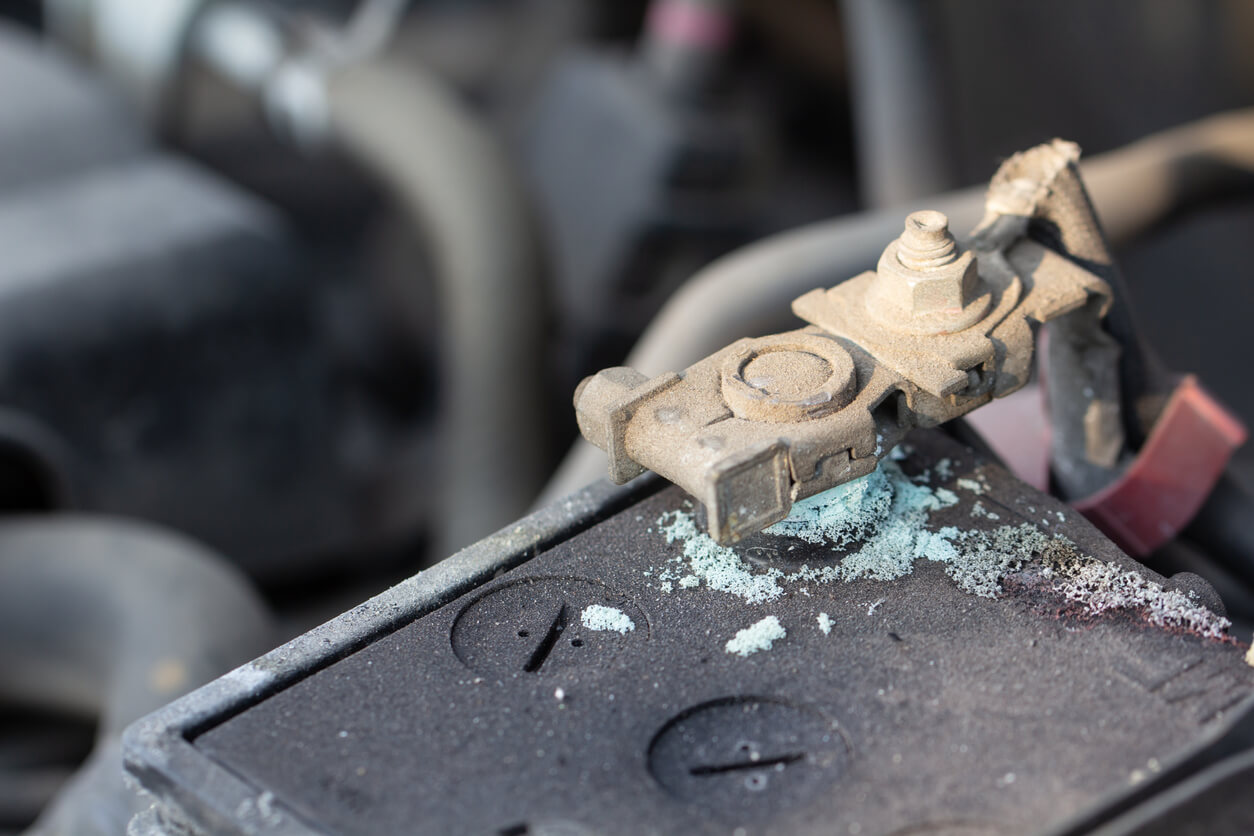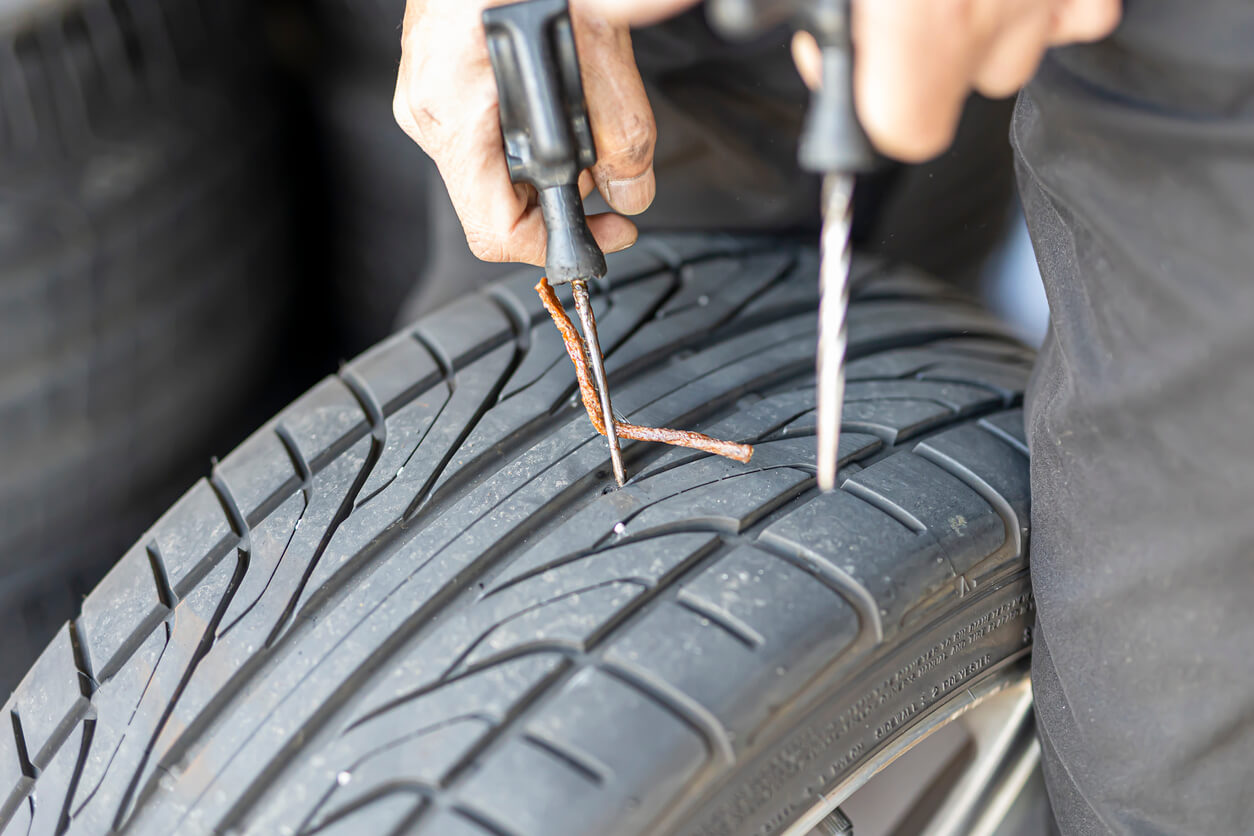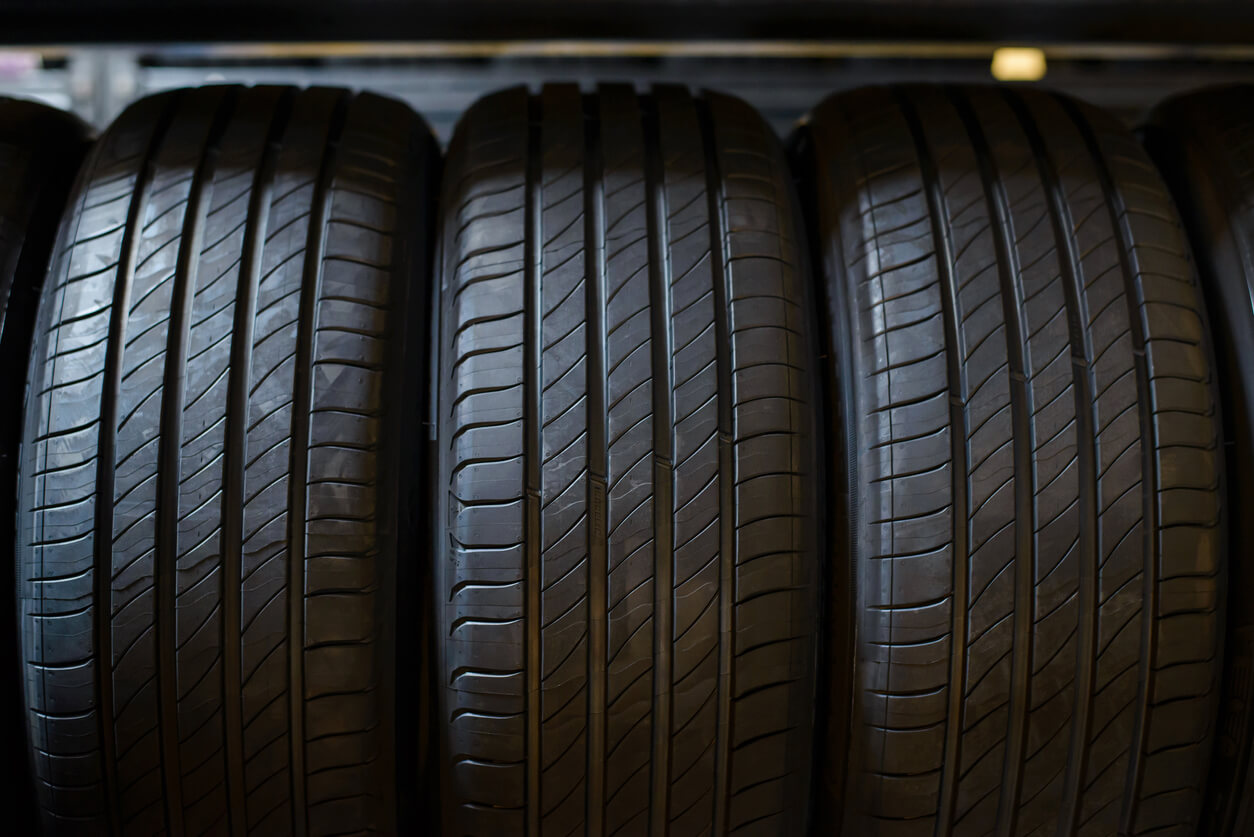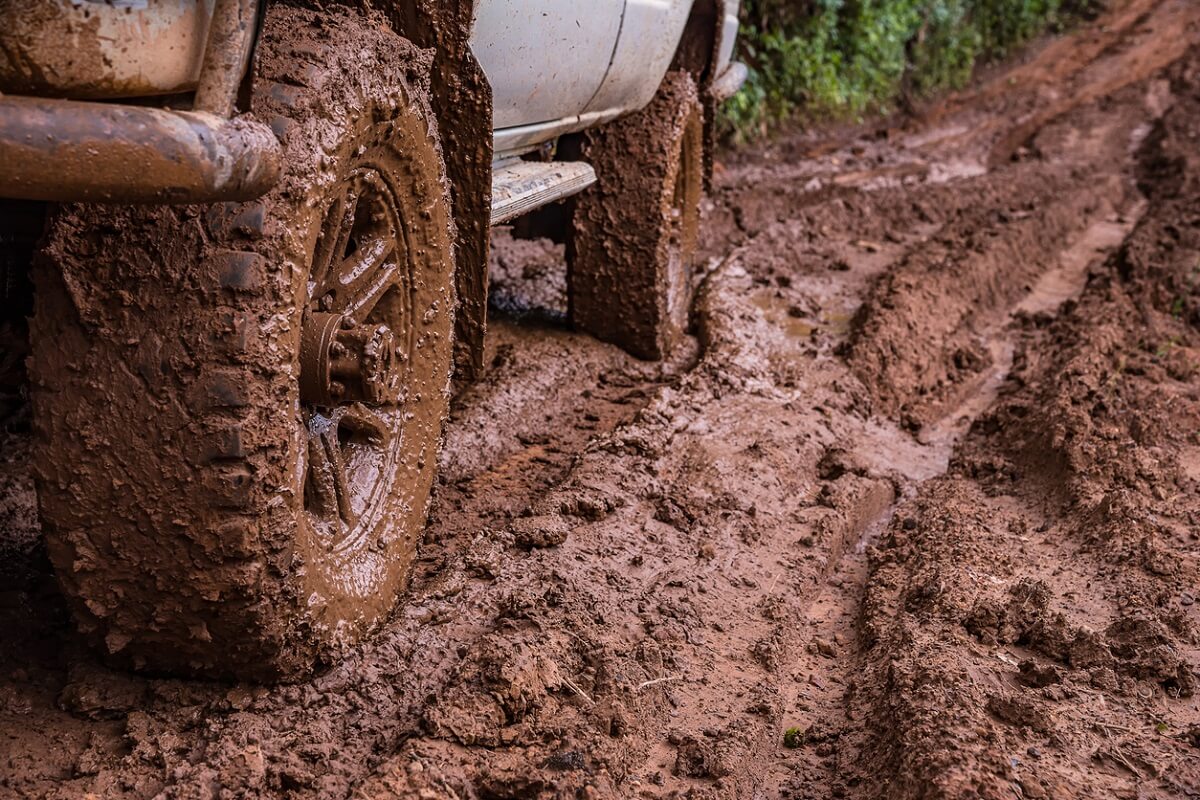Car tyres today tend to last much longer than they have in the past. The quality of your tyres has a significant effect on your car’s handling, smooth ride, fuel economy and safety. Monitoring their condition should be a high priority for every driver. But how do you know when it may be time to replace your tyres?
There are a variety of factors that contribute to how long a set of tyres will last. It’s a good idea to get them checked annually once they are over five years old. Manufacturers cannot make any guarantees on longevity as factors like the climate, air pressure and your driving habits all make a difference. Tyres should be replaced every 10 years at the very least.
Driving Habits
Stop and start driving on busy roads, sudden braking, sharp cornering and making tyres spin on take-off all reduce the lifespan of your tyres. This may be due to your driving technique, where you live (city or country) and the quality of roads you drive on. If you drive more frequently than others, your tyres will also deteriorate faster.
How you load your vehicle can also play a part in tyre wear. If you load it correctly (making sure that the weight in your vehicle is even distributed), you’ll encounter fewer issues. Improper loading or overloading will negatively impact the lifespan of your tyres.
Temperature
Temperature affects the air pressure in your tyres. If the temperature outside starts to drop, especially coming out of warmer months, you can also expect tyres to begin to deflate. This doesn’t mean higher temperatures are better for your tyres. Any change in temperature can have an impact on air pressure.
An increase in temperature will artificially inflate your tyres, while colder temperatures will begin to deflate them. Every 5 °C drop in temperature results in a 2 per cent loss or air pressure and vice versa. If you don’t check and maintain tyre pressure and keep temperature fluctuations in mind, your tyres will deteriorate faster.
Climate
Having the wrong tyres for the climate can also make them deteriorate faster. In many areas with mild climates, all season tyres are suitable. However, if the area you live in experiences extreme summers or winters, you may need special tyres and change them with the seasons. For example, summer tyres are unsuitable for colder climates as they contain less natural rubber and become brittle when exposed to the cold.
Improving Your Tyre’s Lifespan
Extend the lifespan of your tyres as long as possible by:
- Maintaining the recommended air pressure at all times
- Using the right tyres for your vehicle and climate
- Removing unnecessary weight from your car
- Ensuring tyres are rotated when required
- Ensuring your tyres are balanced and wheels are aligned
- Keeping your tyres out of the sun when possible
Need Your Tyres Checked or Replaced?
With locations all across Australia, Tyrepower can help you prepare for your next road trip by ensuring your car is in great condition. Whether you need new tyres, a wheel alignment or any other preventative maintenance for your vehicle, we can help. We’re proud to offer great tyre deals from brands like Kumho tyres, Goodyear tyres, Continental tyres, Maxxis tyres, Hankook tyres, Michelin tyres, Pirelli tyres and Toyo tyres.
Find your closest tyre shop and call 13 21 91 today.
























